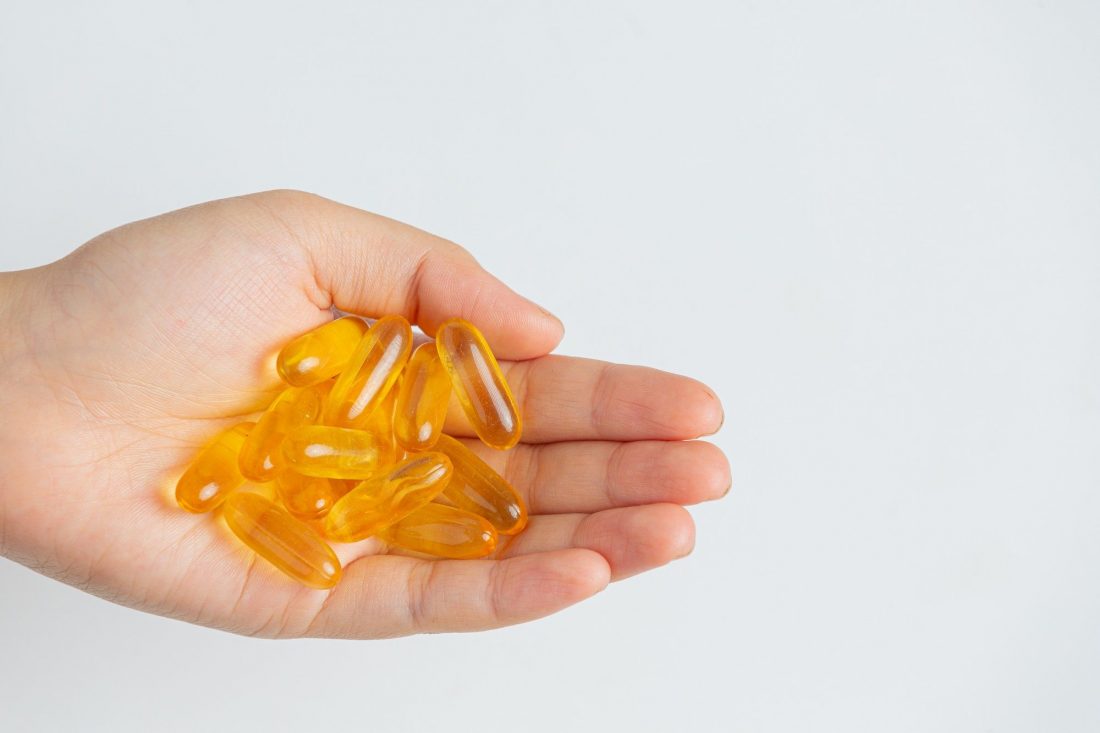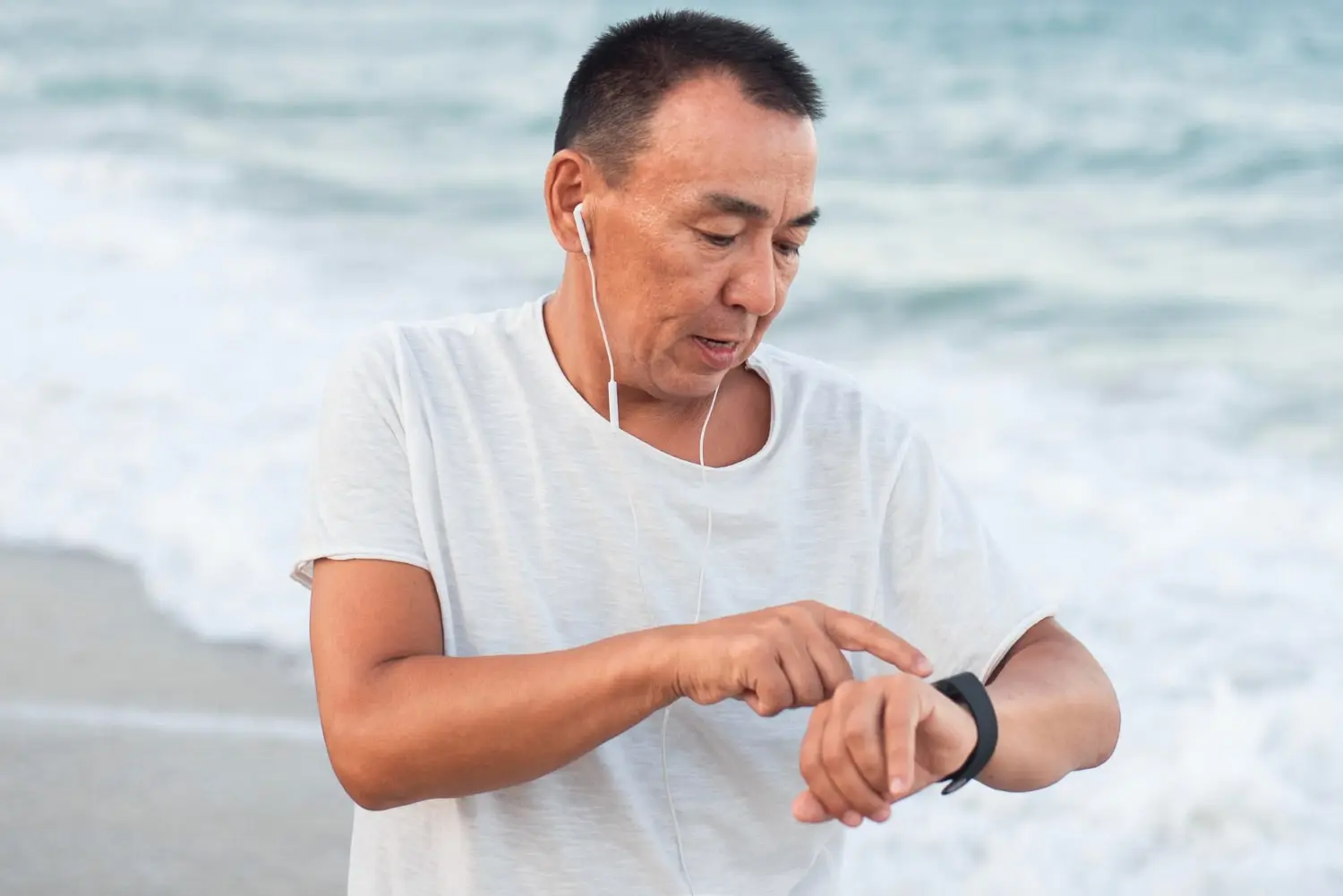Coenzyme Q10 (CoQ10) is produced by the human body and is necessary for the basic functioning of cells.
CoQ10 levels are reported to decrease with age and to be low in patients with some chronic diseases such as heart conditions, muscular dystrophies, Parkinson’s disease, cancer, diabetes, and HIV/AIDS. Some prescription drugs may also lower CoQ10 levels.
Levels of CoQ10 in the body can be increased by taking CoQ10 supplements, although it is not clear that replacing “low CoQ10” is beneficial.
Some possible uses for CoQ10 based on scientific research
High blood pressure
Preliminary research suggests that Coenzyme Q10 causes small decreases in blood pressure (systolic and possibly diastolic).
Low blood levels of CoQ10 have been found in people with hypertension, although it is not clear if CoQ10 “deficiency” is a cause of high blood pressure.
It is not known what dose is safe or effective. CoQ10 is less commonly used to treat hypertension than it is for other heart conditions such as congestive heart failure.
Well-designed long-term research is needed to strengthen this recommendation.
Alzheimer’s disease
Promising preliminary evidence from human research suggests that CoQ10 supplements may slow down, but not cure, dementia in people with Alzheimer’s disease.
Additional well-designed studies are needed to confirm this result before a firm recommendation can be made.
Angina (chest pain from clogged heart arteries)
Preliminary small human studies suggest that CoQ10 may reduce angina and improve exercise tolerance in people with clogged heart arteries.
Better studies are needed before a firm recommendation can be made.
Breast cancer
Several studies in women with breast cancer report reduced levels of Coenzyme Q10 in diseased breast tissue or blood.
It has been suggested by some researchers that raising CoQ10 levels with supplements might be helpful.
However, it is not clear if CoQ10 is beneficial in these patients, or if the low levels of CoQ10 may actually be a part of the body’s natural response to cancer, helping to fight disease. Supplementation with CoQ10 has not been proven to reduce cancer, and has not been compared to other forms of treatment for breast cancer.
Cardiomyopathy (dilated, hypertrophic)
There is conflicting evidence from research on the use of Coenzyme Q10 in patients with dilated or hypertrophic cardiomyopathy.
Different levels of disease severity have been studied. Some studies report improved heart function (ejection fraction, stroke volume, cardiac index, exercise tolerance), while others find no improvements.
Most trials are small or not well designed. Better research is needed in this area before a recommendation can be made.
Heart attack
There is preliminary human study of Coenzyme Q10 given to patients within three days after a heart attack.
Reductions in deaths, abnormal heart rhythms, and second heart attacks are reported, although better research is needed before a firm conclusion can be drawn.
Heart conditions (mitral valve prolapse in children)
There is early data to support the use of CoQ10 in children with mitral valve prolapse. Well-designed clinical trials are needed before a recommendation can be made.
Heart failure
The evidence for Coenzyme Q10 in the treatment of heart failure is controversial and remains unclear.
Different levels of disease severity have been studied (New York Heart Association classes I through IV).
Several studies have shown benefits of coenzyme Q10 in people who have been diagnosed with chronic heart failure (with or without cardiomyopathy), including in transplant recipients.
Some studies report improved heart function (ejection fraction, stroke volume, cardiac index, exercise tolerance), while others find no improvements.
Most trials are small or not well designed. In some parts of Europe, Russia, and Japan, CoQ10 is considered a part of standard therapy for congestive heart failure patients.
Better research is needed in this area, studying effects on quality of life, hospitalization, death rates, before a recommendation can be made.
These uses have been tested in humans or animals. Safety and effectiveness of CoQ10 have not always been proven. Some of these conditions are potentially serious, and should be evaluated by a qualified healthcare provider.
Does CoQ10 have side effects?
There are few serious reported side effects of Coenzyme Q10. Side effects are typically mild and brief, stopping without any treatment needed.
Reactions may include nausea, vomiting, stomach upset, heartburn, diarrhea, loss of appetite, skin itching, rash, insomnia, headache, dizziness, irritability, increased light sensitivity of the eyes, fatigue, or flu-like symptoms.
CoQ10 may lower blood sugar levels. Caution is advised in patients with diabetes or hypoglycemia, and in those taking drugs, herbs, or supplements that affect blood sugar.
Serum glucose levels may need to be monitored by a healthcare provider, and medication adjustments may be necessary.
Low blood platelet number was reported in one person taking CoQ10. However, other factors (viral infection, other medications) may have been responsible.
Lowering of platelets may increase the risk of bruising or bleeding, although there are no known reports of bleeding from CoQ10.
Caution is advised in people who have bleeding disorders or who are taking drugs that increase the risk of bleeding. Dosing adjustments may be necessary.
CoQ10 may decrease blood pressure, and caution is advised in patients with low blood pressure or taking blood pressure medications.
Elevations of liver enzymes have been reported rarely, and caution is advised in people with liver disease or taking medications that may harm the liver.
CoQ10 may lower blood levels of cholesterol or triglycerides. Thyroid hormone levels may be altered based on one study.
Organ damage due to lack of oxygen/blood flow during intense exercise has been reported in a study of patients with heart disease, although the specific role of CoQ10 is not clear. Vigorous exercise is often discouraged in people using CoQ10 supplements.
DoctorSolve™ Healthcare Solutions Inc., a Canadian Internet-based pharmacy intermediary (license #BC Q37),offers lower cost, long-term prescription drugs. A professionally registered pharmacist fills all Canadian prescriptions. A certified member of the Canadian International Pharmacy Association, DoctorSolve™ is ranked as one of the best Canadian pharmacies online . DoctorSolve™ has filled more than 200,000 U.S. prescriptions.
For more information on how to order Canada drugs safely and securely call 1-866-732-0305 or visit https://www.doctorsolve.com/ – a trusted and reliable Canadian online pharmacy for over 6 years.







